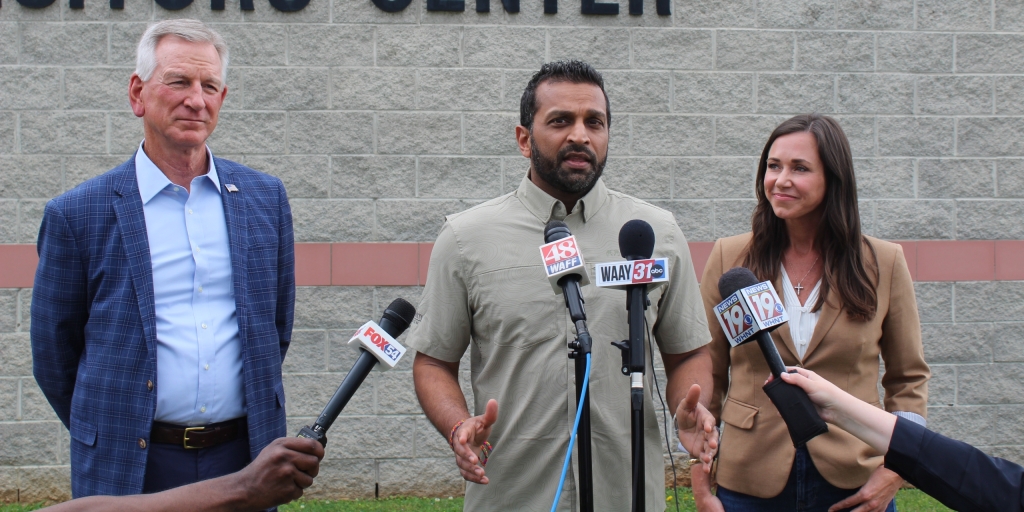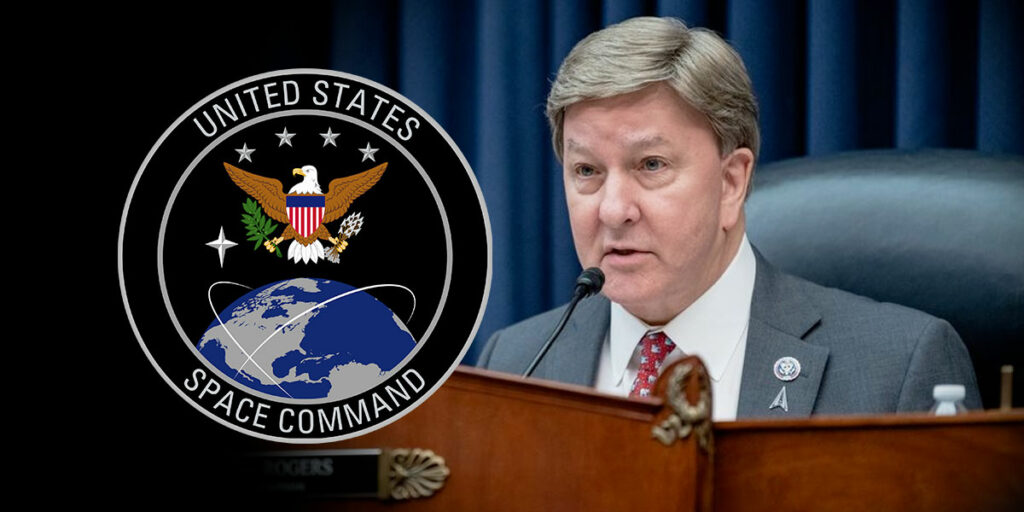During a virtual event hosted by Auburn University, U.S. Army General and Commander of the U.S. Space Command James Dickinson explained the need to protect U.S. national security interests in space. The general drew a direct correlation between protecting space operations and daily life activities.
The event was broadcasted live earlier this week on YouTube and moderated by Frank Cilluffo, director of Auburn University’s McCrary Institute for Cyber and Critical Infrastructure Security. The space and cybersecurity-centered discussion was co-sponsored by the Space Policy Institute at George Washington University.
Gen. Dickinson believes that most Americans don’t fully grasp that many functions of life on earth are intrinsically linked to space assets.
“Our space-based capabilities enable virtually every element of our national power that provides diplomacy, economics and finance,” said Dickinson. “These enable basically every facet of the modern American way of life. You use an ATM, you’re relying on space capabilities. Tap into a navigation system on your cell phone, you’re relying on space capabilities. Even if you’re enjoying live broadcasts of the Auburn Tigers football team, you’re relying on space capabilities.”
The general noted that the luxuries of modern-day life have paved the way for American adversaries to take advantage of potential cyber vulnerabilities.
“Those vulnerabilities provide openings our competitors try to exploit,” Dickinson said.
This threat necessitated the creation of the U.S. Space Command and Space Force, which Dickinson said “provides the tools to protect the space domain.”
Dickinson, a U.S. Army veteran of 35 years who has also served as commanding general of the U.S. Army Space and Missile Defense Command, said the evolving world climate necessitated a move to protect U.S. interests in space.
“We have more peer adversaries and competitors with capable and rapidly advancing technologies,” he said. “We have established the structures necessary to protect and defend our assets against their capabilities.”
Dickinson added, “One of the reasons [the U.S. Space Command] was stood up was to have an organization and someone like me that all day every day thinks about the activities in orbit and what this means not only to our economy, but what our adversaries might be doing.”
Established as the newest branch of the U.S. Armed Forces since the Air Force’s creation in 1947, the U.S. Space Force is the nation’s militarized power that defends multi-purpose satellites and interests in space. The U.S. Space Command is designed to deter aggression, defend U.S. and allied interests, and deliver space combat power.
Earlier this year, the secretary of the Air Force selected Huntsville’s Redstone Arsenal as the preferred location to host the Space Command Headquarters, expanding the role North Alabama plays in safeguarding United States national security and space missions. The Alabama-based command will be responsible for deterring aggression, defending U.S. and allied interests and delivering space combat power.
The region recently played a critical role in supporting the National Reconnaissance Office (NRO), a joint Department of Defense-Intelligence Community organization, when a United Launch Alliance (ULA) rocket successfully launched the NRO’s NROL-82 mission. Following shortly after, the Decatur-built ULA Atlas V rocket powered the Space Based Infrared System Geosynchronous Earth Orbit (SBIRS) Flight 5 mission for the U.S. Space Force, strengthening America’s intelligence-gathering capabilities.
North Alabama is considered to be a premier hub for the nation’s defense industry. The Tennessee Valley has seen enormous growth and expansion in recent years, as the private sector and federal government alike continue to invest resources in the Huntsville metropolitan area. As the leader in carrying out space missions and other boundless national defense objectives, Alabama’s vigorous aerospace and defense industry has solidified itself as vital in protecting U.S. national security.
Dylan Smith is a staff writer for Yellowhammer News













